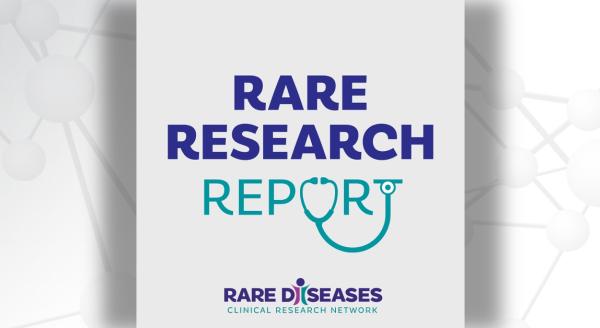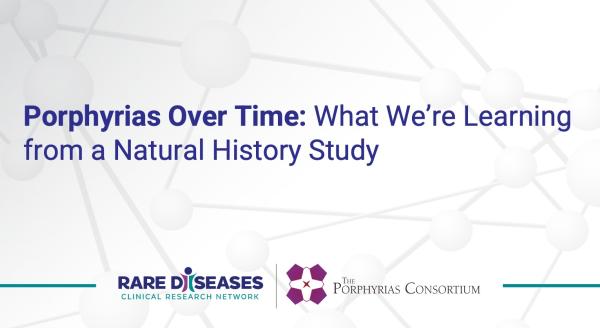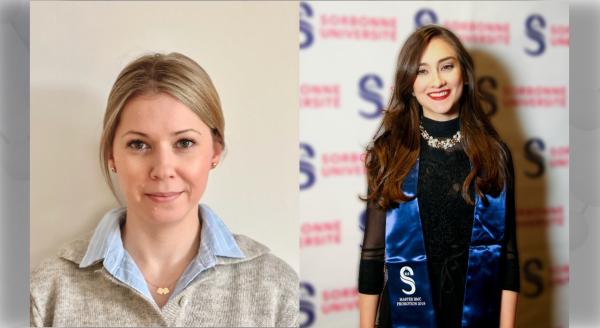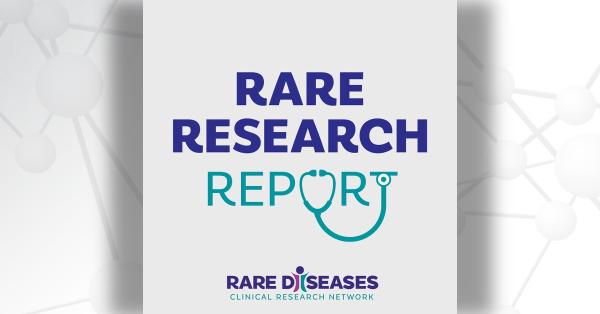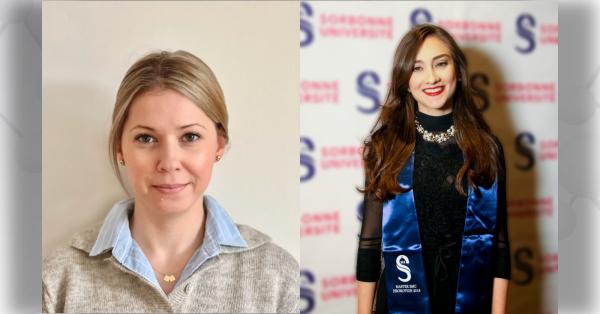Danielle Arnold, MD, is an attending transplant physician at the National Institutes of Health. She is also a member of the Primary Immune Deficiency Treatment Consortium (PIDTC). Her research focuses on improving transplant outcomes for patients with primary immune deficiencies and immune regulatory disorders. Here, she shares her start in rare disease research, exciting discoveries, and future goals.
How and why did you get involved with rare disease research?
I went into pediatric residency expecting to become a general pediatrician, although I started to consider a career as an allergist after taking an allergy & immunology elective. I worked as a bone marrow transplant (BMT) hospitalist at Children’s Hospital of Philadelphia (CHOP) after residency while I was “figuring things out,” and everything changed from there. I especially loved taking care of the complex immunology patients, and I decided to complete an allergy & immunology fellowship at CHOP followed by a transplant fellowship at Cincinnati Children’s Hospital Medical Center.
I am now an attending transplant physician at the National Institutes of Health. If you had told me 10 years ago that I would be a transplant physician, I wouldn’t have believed you, but here I am! I love my patients and what I do.
When did you join the PIDTC as an early stage researcher?
My allergy & immunology fellowship mentor, Dr. Jennifer Heimall, is an active member of the PIDTC, and she encouraged me to attend the annual PIDTC scientific meeting as a first-year fellow. I signed up to join the chronic granulomatous disease (CGD) protocol working team at the meeting, and with the support of the CGD team, I became a more active member over the next several years.
I was also encouraged to apply for and was granted the PIDTC educational research award as a second-year fellow to help fund my research project investigating the immunometabolic phenotype of virus-specific T cells.
What were your experiences working with the PIDTC and how has the experience shaped your research career?
My experience working with the PIDTC has been very rewarding. Everyone in the leadership has been immensely supportive and has always made it clear they want me to succeed.
Dr. Jennifer Leiding, the current lead of the CGD team, encouraged me to become more involved as a fellow. I was given the opportunity to work on the new PIDTC CGD protocol that will be opening soon, and with her support, I am one of the co-leads on the protocol.
I have also been given the opportunity to take the lead on projects and to submit our data to national conferences for presentation. I do not think there are many consortia where I would have been able to participate at this level at this stage of my career. I hope to continue working with the PIDTC as my career progresses.
Can you share a recent discovery with us, and what it adds to our knowledge of the field?
We are working to finalize our data from the current PIDTC CGD protocol reporting transplant outcomes in 240 patients with CGD, which is the largest North American cohort of CGD patients transplanted to date.
Transplant outcomes in our cohort were good with high overall survival, low rates of acute graft-versus-host disease, and significant decrease in the incidence of infection and prevalence of inflammatory disease. Interestingly, survival was not affected by the presence of active infection or uncontrolled inflammatory disease at time of transplantation, which goes against the dogma of the field, and we will be looking into this further.
We also demonstrated that transplanted patients have a lower burden of disease as compared to conventionally treated (i.e., non-transplanted) patients and that infection and inflammatory disease are indications for transplant. We hope these data will encourage providers to consider transplant for their CGD patients and improve overall access to definitive therapy.
Where are you heading next with your research?
We are planning to open a new protocol in the coming months to further characterize the impact of inflammatory disease on transplant and gene therapy outcomes and identify optimal transplant and gene therapy strategies for patients with and without active inflammatory disease. We are also hoping to identify in vitro biomarkers and microbiome signatures that correlate with the presence, severity, and control of inflammatory disease and predictive of transplant and gene therapy outcomes.
Separate from the PIDTC, my long-term goal is to become an expert in transplant for primary immune deficiencies and immune regulatory disorders and help optimize transplant procedures for these often sick and medically complex patients. For example, we are hoping to open a study at the NIH within the next year using an anti-c-Kit antibody-based conditioning regimen for patients with GATA2 deficiency. The hope is that we will be able to successfully transplant these patients without the associated toxicity of high-dose chemotherapy used in current conditioning regimens.
What advice would you offer to other early stage researchers?
My main advice to other early career researchers would be to find mentors who are working in your desired field, are supportive of your career development, and are able to provide research opportunities, especially in the early career phase. Identifying persons that fit this description was my number one consideration when deciding where to train for fellowship.
I do not think I would be where I am today without the support of mentors like Dr. Jennifer Heimall and Dr. Rebecca Marsh. They helped me get plugged in to the PIDTC, helped me develop research projects and provided access to data, and gave me opportunities to present my work at conferences. You should also feel free to reach out to potential mentors at other institutions. Dr. Jennifer Leiding has been a long-distance mentor and has been instrumental in my career development.
The Primary Immune Deficiency Treatment Consortium (PIDTC) is part of the Rare Diseases Clinical Research Network (RDCRN), which is funded by the National Institutes of Health (NIH) and led by the National Center for Advancing Translational Sciences (NCATS) through its Division of Rare Diseases Research Innovation (DRDRI). PIDTC is funded under grant number U54AI082973 as a collaboration between NCATS and the National Institute of Allergy and Infectious Diseases (NIAID).


